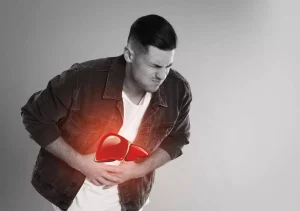
First of all, vitamin C levels are significantly lower in drug addicts (68). It does this by naturally improving the stimulation of the reward system, which reduces the need for stimulation by nicotine or by others addictive substances (85). It’s important to test and monitor your Vitamin D levels before and after supplementing with it. They are found primarily in fish and are necessary for the normal functioning of your brain and nervous system (18). Theanine is available in this anti-anxiety supplement, along with a number of other natural compounds that have helped me manage my what are the best supplements a recovering alcholic should take anxiety over the years. According to the research, it’s particularly helpful when it comes to withdrawal from nicotine and opioids (16, 17).
Detox Vitamins and Supplements Guide
However, I still recommend at least short-term zinc supplementation to ensure you get enough. Some of the best food sources of zinc include oysters, grass-fed beef, pumpkin seeds, cashews, mushrooms and spinach. These foods are included in my Free Grocery Shopping Guide for Optimal Brain and Mental Health.
Can supplements interact with other medications or treatments used for alcohol addiction?
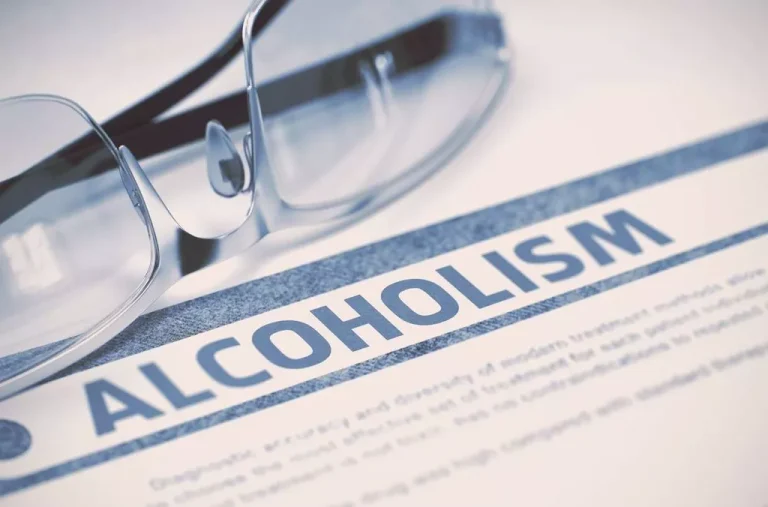
In addition, mixing these substances can cause liver strain and gastrointestinal distress. Consult your doctor about drinking and any medications or supplements you are currently taking. While glutamine supplements won’t cure alcohol-related liver disease, they can detoxify the liver to remove excess ammonia11. Glutamine can also modulate cognitive processes affected by alcohol use.
What Essential Vitamins Do Drinkers Need?
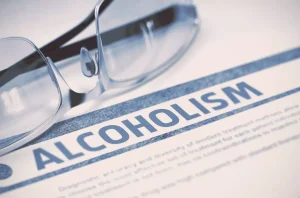
When you stop drinking, taking vitamins and supplements can help to restore nutrients that have become deficient. Vitamins support the body functions that are required to rid the system of alcohol. They can also help with cravings, and they can lessen withdrawal symptoms. Balancing social drinking and dietary supplements requires careful consideration of your overall health and nutritional needs. Alcohol affects nutrient absorption by damaging the stomach lining and intestines’ cells, disrupting nutrient transport2.
- Although there is little data about the benefit of vitamin B1 on alcohol withdrawal cravings, supplementing with vitamin B1 is important to avoid complications from alcohol use.
- Of course, these are only 12 helpful options—there are many vitamins and supplements for alcoholics you can take to aid your system in recovery.
- Thiamine supplementation can help prevent a severe form of deficiency called Wernicke-Korsakoff syndrome.
- Researchers had directed them to not consume cocaine during the study, and at the end of it, the researchers found less cocaine in the urine of the participants (9).
- When you drink, the process of metabolizing alcohol utilizes nutrients in your body.
- The combination of these approaches gives an individual the best vitamins for recovering alcoholics best chances for a healthy and successful recovery.
- NAC isn’t a well-known supplement, relatively speaking, but it’s incredibly well researched.
Anyone who is struggling with a serious drinking problem should seek professional care. People often ask me if I still take all of the supplements I’ve written about. I have a medicine cabinet filled with the aforementioned supplements, and it feels good to know that I have them just in case I need them. Take our short alcohol quiz to learn where you fall on the drinking spectrum and if you might benefit from quitting or cutting back on alcohol. It can be daunting, and the last thing anyone would want is for the acronyms to turn you away from attending meetings.
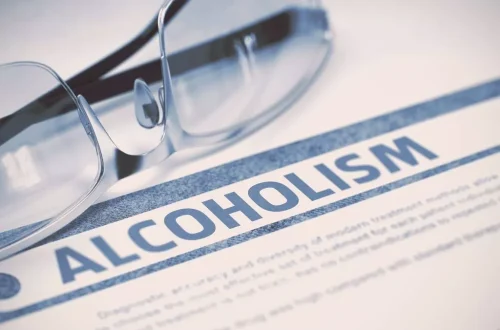
General Health
In addition to supplements for alcohol cravings, there are several prescription medications that can help you cut back or quit drinking. Naltrexone can help retrain your brain to be less interested in alcohol over time, while acamprosate, baclofen, gabapentin, and topiramate can all help reduce cravings for alcohol. Learn more about medications for alcohol cravings, and other ways to round out your support system in recovery. Vitamin E is essential for antioxidant protection, which helps the body neutralize harmful free radicals produced during alcohol metabolism. This vitamin also supports liver function and the repair of damaged cells and tissues.
Recovery Support
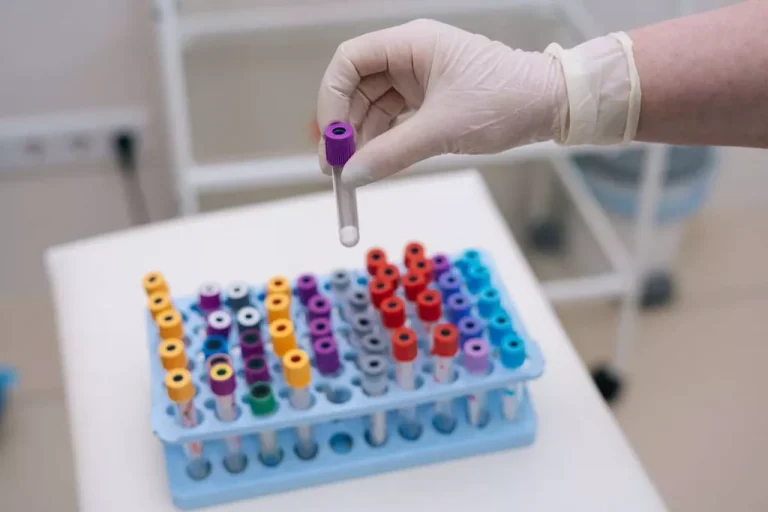
Omega-3 fatty acids have numerous health benefits, including supporting healthy brain and heart function, decreasing inflammation, and reducing symptoms of depression. Countless other nutrients can further support the body during the alcohol detox process. Among the most important nutrients to incorporate are proteins and omega-3 fatty acids. Vitamins and nutrients help the body perform countless vital functions. They also aid in balancing brain chemistry, which leads to mood stabilization and decreased alcohol cravings.
- Researchers have concluded that chronic vitamin D deficiency is an environmental factor contributing to drug use.
- Which ones are most beneficial for you will depend on your biochemistry.
- This can increase the chances of developing osteoporosis, especially for women.
- Recovering alcoholics should speak with their healthcare provider or a qualified nutritionist to help determine which supplements are right for them.
- The body requires good nutrition to increase energy levels and maintain bodily processes.
Alcoholism Thiamine Deficiency: How to Recognize and Address This Hidden Health Risk
And in my experience and research, high-quality bioavailable nutrients are an important aspect of combating and correcting this. This is because they address the psychological aspects of addiction without considering the physical aspects of the disease. Historically, most drug treatment programs have included counseling and 12-step approaches like Alcoholics Anonymous (AA). Perhaps that’s alcohol, cigarettes, cannabis or harder substances like cocaine, heroin, methamphetamines. When my brain wasn’t working and I struggled with mental illness, it simply made sense to find immediate relief.
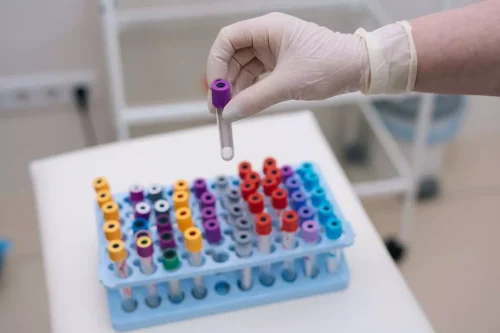
How can vitamins help with detox?
Focusing on proper nutrition, including the consumption of omega-3 fatty acids and amino acids, can significantly aid in the alcohol recovery process. By addressing nutritional imbalances and supporting your body’s repair processes, you can pave the way towards a healthier future. During alcohol recovery, your body requires certain amino acids to help restore neurotransmitter function and support overall brain health.
